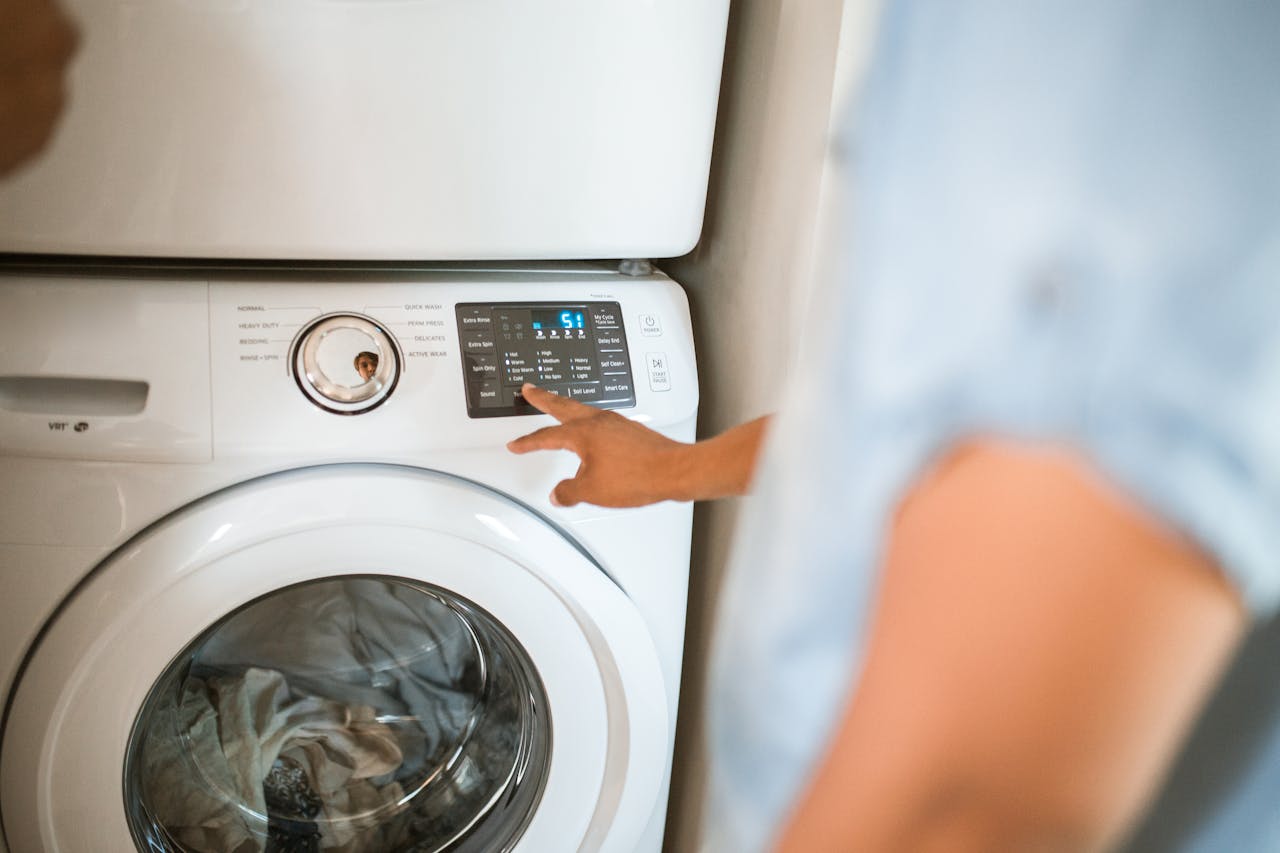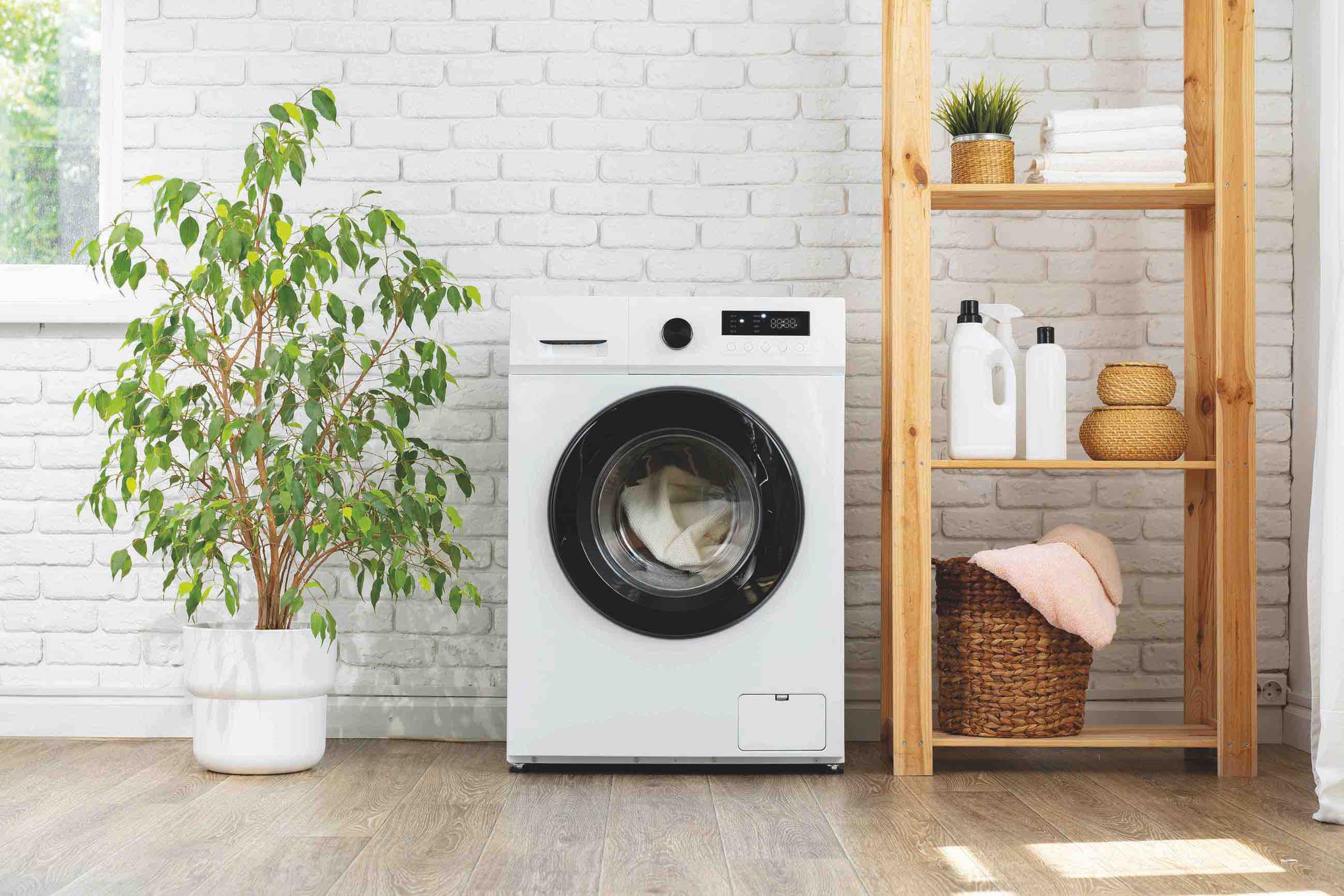Operating the washing machine with rainwater
When it comes to making our daily routines more environmentally friendly, using rainwater is a brilliant option. One innovative application of this is using rainwater to power the washing machine. This method not only allows us to clean our clothes, but also to conserve water resources and reduce our ecological footprint. In this article, we will take a closer look at how rainwater can be used to wash clothes and the benefits of doing so.
How good is the quality of rainwater?
When using rainwater in washing machines, the question of its quality often arises. It is important to know that rainwater is naturally limescale-free and hygienically safe. If a high-quality filteralso cleans the rainwater, it can be used for the washing machine without any problems if the 4-stage cleaning system is used. Many people are surprised to learn that the quality of rainwater is even better than tap water for some applications. But what exactly constitutes this quality, especially when it comes to using rainwater for the washing machine?
A resounding YES! for washing with rainwater
Washing with rainwater offers numerous advantages and possibilities. Rainwater is versatile and is ideal for use in washing machines. Some modern washing machines even have two different connections to utilise both drinking water and rainwater.
Another environmentally friendly option is to use solar energy to heat the rainwater for the washing machine.
It is well known that the detergent must be dosed according to the water hardness . When using naturally limescale-free rainwater in washing machines, your laundry always remains soft and the lowest dosage can always be used. So nothing stands in the way of environmentally friendly washing with rainwater.

Advantages and disadvantages compared
Washing laundry with rainwater offers a number of advantages. But does rainwater also have disadvantages? A comparison of all the advantages and disadvantages of using rainwater in your washing machine shows: There are hardly any disadvantages and the advantages clearly outweigh the disadvantages:
Advantages:
- Environmentally friendly: Using rainwater for washing reduces the consumption of drinking water and thus conserves the earth's precious water resources.
- Cost savings: As rainwater is free, households that use it to run their washing machine can save money, especially in regions with high water prices.
- Limescale-free: Rainwater is naturally limescale-free, which helps to prolong the life of the washing machine as no limescale builds up in your washing machine or the supply pipes.
- Hygienic safety: Rainwater is safe to use for washing after it has been filtered using simple, standardised steps and is therefore free from pollutants and impurities.
- Less detergent is needed: Normal detergent contains a very large proportion of softener. As rainwater is lime-free and therefore soft, no softener is required. The amount of detergent used can be much lower. This saves money.
Disadvantages:
- Filtration required: To ensure that the rainwater is suitable for the washing machine, adequate filtration is required to remove leaves and other impurities.
- Dependence on weather: The availability of rainwater depends on the local climate and rainfall patterns. In dry areas, a sufficiently large cistern must be provided. Alternatively, tap water can be used during longer dry periods.
- Additional expense: The installation and maintenance of a system for using rainwater in the washing machine.
By weighing up these advantages and disadvantages, households can decide whether the use of rainwater for laundry care is suitable for them.





